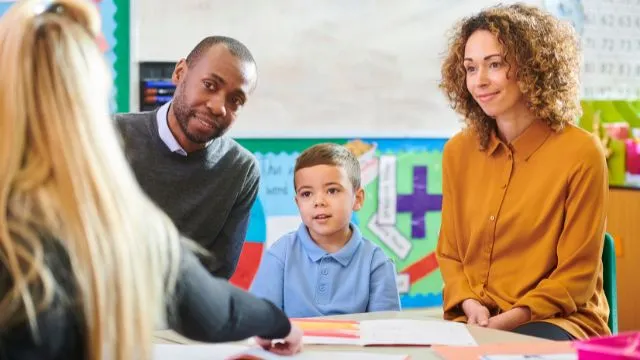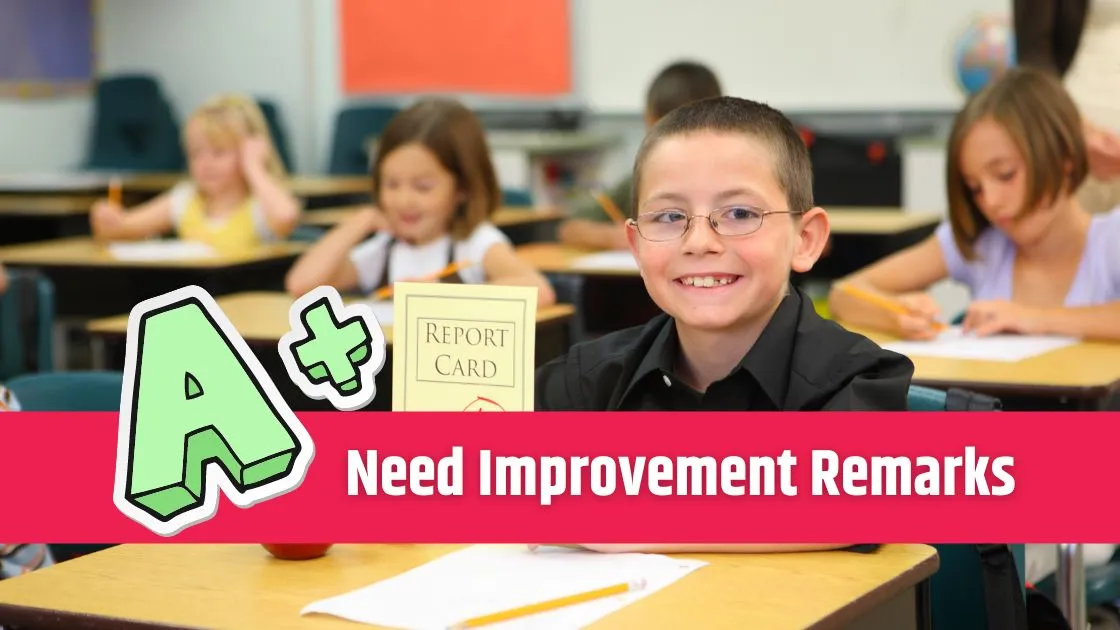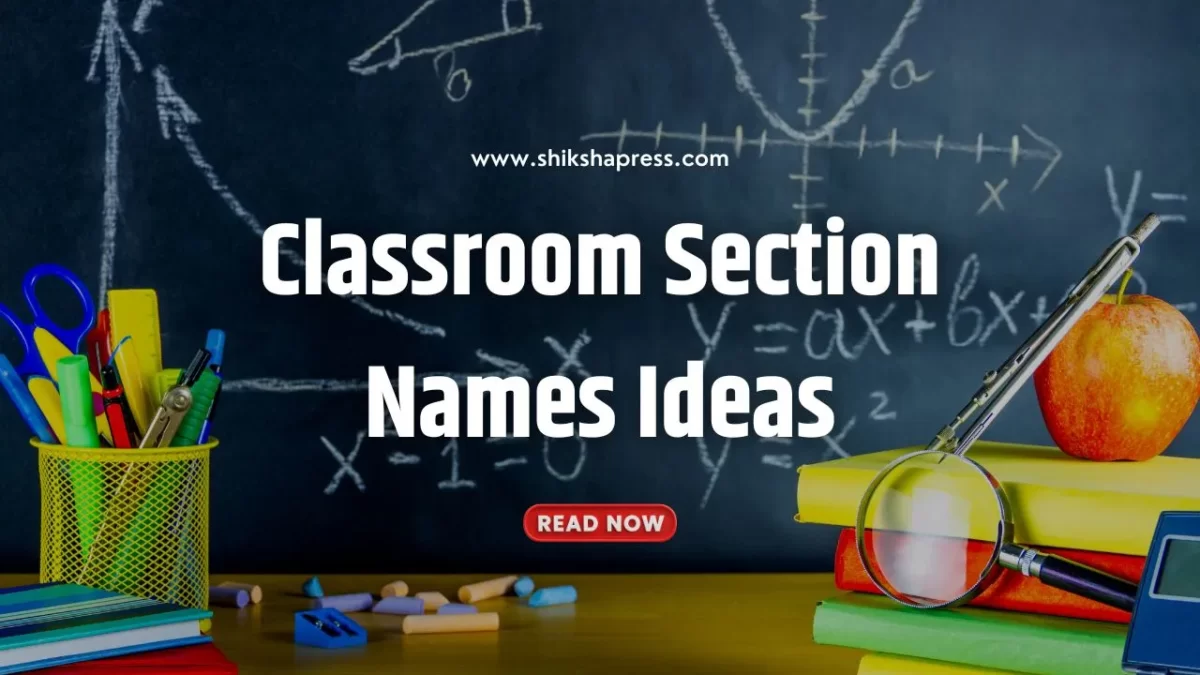Tips for Effective Parent-Teacher Meetings (PTM)- The Ultimate Guide to Parent-Teacher Conferences
A Comprehensive Guide to Handling Parent-Teacher Meetings PTM Effectively
Parent-teacher meetings hold a crucial position in the education system, fostering an essential partnership between educators and guardians in the best interest of the students.
To maximize the potential of these interactions, understanding how to prepare, conduct, and follow up on such meetings is vital.
This in-depth guide offers valuable insights and practical strategies to handle parent-teacher meetings effectively.
What is a Parent-Teacher Meeting?
A parent-teacher meeting, often termed a parent-teacher conference, is a formal interaction between a student’s parents or guardians and their teacher.
The aim of these meetings is to discuss the child’s academic performance, behavior, social interactions, and overall school experience, offering a space for open, productive communication and collaborative problem-solving.
Why Parent-Teacher Meetings are Important?
Parent-teacher meetings serve multiple purposes, central to enhancing the student’s educational journey. They foster two-way communication between the home and school, contributing to a shared understanding of the child’s strengths, challenges, and needs.
Moreover, they enable the creation of consistent learning environments across both spheres, supporting the student’s adaptation and growth. Lastly, they facilitate parental involvement in their child’s education, a factor proven to positively impact academic achievement and motivation.
How to Prepare for a Parent-Teacher Conference?
Preparation is key to the success of a parent-teacher meeting. Begin by reviewing the student’s academic records, including grades and test scores. Identify their strengths and weaknesses, brainstorm questions for the parents, and be open to their concerns.
Furthermore, cultivate a positive attitude, acknowledging that these meetings aim at supporting the student’s success collaboratively.
What to Discuss at a Parent-Teacher Conference?
In a parent-teacher meeting, discuss topics such as the student’s academic progress, strengths and weaknesses, behavior, learning style, and home life.
Also, discuss the student’s goals for the year, aiming to create a plan that helps them achieve these objectives. Covering these topics ensures a holistic understanding of the student, facilitating constructive discussions and action plans.
Here are some key topics to address in these crucial meetings.
Examining Academic Progress
Begin by evaluating the student’s academic journey. Discuss their grades, test scores, and any other pertinent information to gain a comprehensive understanding of their performance.
It lays a solid foundation for subsequent conversations, painting a clear picture of the student’s academic standing.
Unveiling Strengths and Weaknesses
Investigating the student’s strengths and weaknesses is paramount. This exploration should delve into various facets, including academics, behavior, and social skills.
Recognizing these attributes will guide the development of strategies tailored to the student’s unique needs.
Assessing Classroom and Home Behavior
Conversations should also cover the student’s behavior both in the classroom and at home. This dialogue offers crucial insights into their conduct, helping identify any behavioral patterns that may impact their learning environment.
Understanding the Student’s Learning Style
A pivotal point of discussion is the student’s learning style. Determining how the student absorbs and processes information will allow educators to refine their teaching methods to maximize learning outcomes.
Evaluating the Impact of Home Life
Engage in conversations about the student’s home life, as external factors often significantly influence their academic performance. Understanding any potential influences provides a holistic view of the student’s learning conditions.
Setting and Achieving Goals
Lastly, discuss the student’s academic goals for the year and explore how you can collaboratively help them achieve these milestones. Setting clear targets motivates students, offering a sense of direction and purpose in their educational journey.
How to Handle Difficult Conversations at a Parent-Teacher Conference?

Handling difficult conversations requires tact and empathy. Begin with a positive note, acknowledging the student’s strengths before addressing the issues. Maintain a non-judgmental tone, focus on the child’s best interest, and be open to the parents‘ perspective.
Offer practical suggestions and solutions, emphasizing a cooperative approach to address the concerns.
How to Follow Up After a Parent-Teacher Conference?
Post-conference, ensure to follow up on the discussed action plans. Track the student’s progress, adapt strategies as needed, and keep the parents informed.
Regular updates encourage ongoing parental engagement and signal your commitment to the child’s academic growth.
Tips for Effective Parent-Teacher Communication

To enhance the effectiveness of your communication with parents, be clear, concise, and respectful. Listen actively, empathize with their concerns, and respond in a timely manner. Use positive language, appreciate their involvement, and aim for a partnership, not a one-sided interaction.
Essential Tips for Effective Parent-Teacher Communication
Effective parent-teacher communication is the backbone of successful parent-teacher meetings. It fosters a strong partnership aimed at the student’s overall academic and personal development.
Here are some indispensable tips to enhance the effectiveness of your communication with parents.
Maintain Clarity and Conciseness
When communicating with parents, it’s crucial to be both clear and concise. Whether discussing academic performance, behavior issues, or future goals, ensure your message is easily understandable.
Avoid educational jargon and complex phrases. Instead, use simple, straightforward language that accurately conveys the information.
Practice Active Listening
Active listening involves fully focusing on the speaker, showing empathy, and responding thoughtfully. This skill is especially important during parent-teacher meetings, as it shows respect for the parents’ perspective, helps you understand their concerns more accurately, and builds trust.
Respond in a Timely Manner
Timeliness in communication signals respect and commitment. Whether it’s responding to an email, returning a phone call, or providing requested information, prompt responses show parents that you value their involvement and are committed to their child’s educational journey.
Use Positive Language
Using positive language helps build a more constructive relationship with parents. Start conversations by highlighting the student’s strengths or achievements before moving on to areas of improvement.
This approach makes parents more receptive to feedback and promotes a more positive discussion atmosphere.
Appreciate Parental Involvement
Parents who actively participate in their child’s education play a critical role in the child’s academic success. Show your appreciation for their involvement, whether it’s attending meetings, assisting with homework, or supporting school activities.
This gratitude can strengthen your relationship with parents and encourage their continued participation.
Foster a Collaborative Relationship
Effective communication is not a one-way street, but rather a collaborative relationship. Encourage parents to share their insights, ask questions, and voice their concerns. Aim to work together to support the student’s learning journey, fostering a sense of shared responsibility.
Summary
In summary, parent-teacher meetings are a crucial educational tool, bolstering student success through open communication, mutual understanding, and collaborative action. By approaching these meetings with preparation, clear objectives, empathetic handling of difficult conversations, and effective follow-up, they can yield remarkable benefits for students, parents, and teachers alike.
Read These Posts Too:
- How to Teach Moral Lessons to Students in Morning School Assembly
- Empowering Active Learning: Top 15 Innovative Teaching Strategies
- 7 Tips and Strategies to Engage Students in the Classroom
- How to Build Positive Relationships with Students in Classroom?
- 10 Best Tips for Teaching Finances To Kids
- Strategies and Techniques for Managing a Difficult Classroom
CBSE Sample Papers | CBSE Circulars | Quizzes | Study Material
Join our Premium Telegram and Whatsapp Channel for More News and Updates.
For the Latest Educational News (CBSE, ICSE, and State Board News) and live news updates, like us on Facebook or follow us on Twitter and Join our Premium Telegram Channel. Read more on Latest Exams & Results News on Shikshapress.com.








1 thought on “Tips for Effective Parent Teacher Conference Meeting”